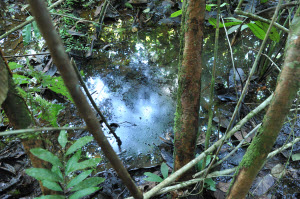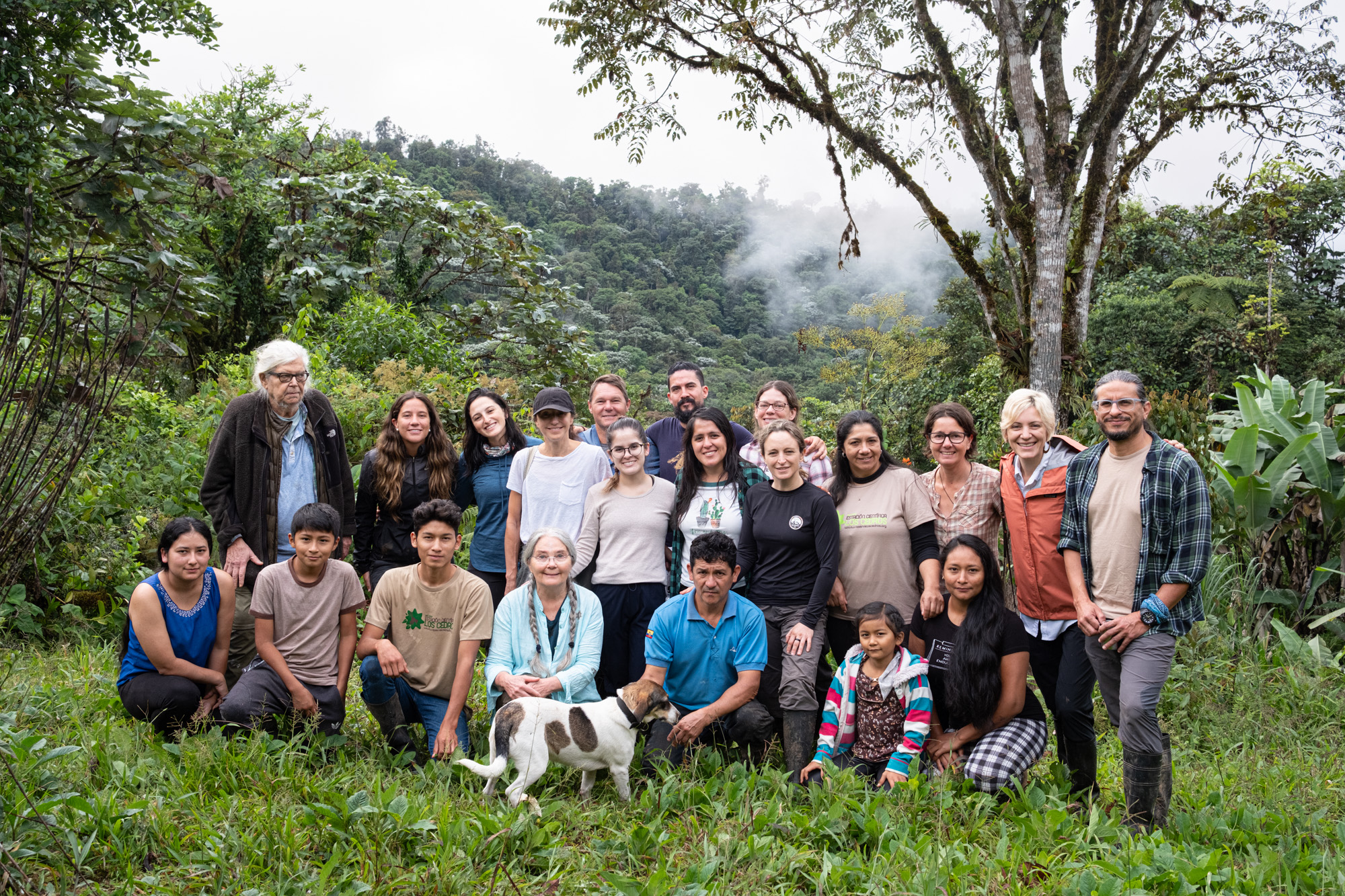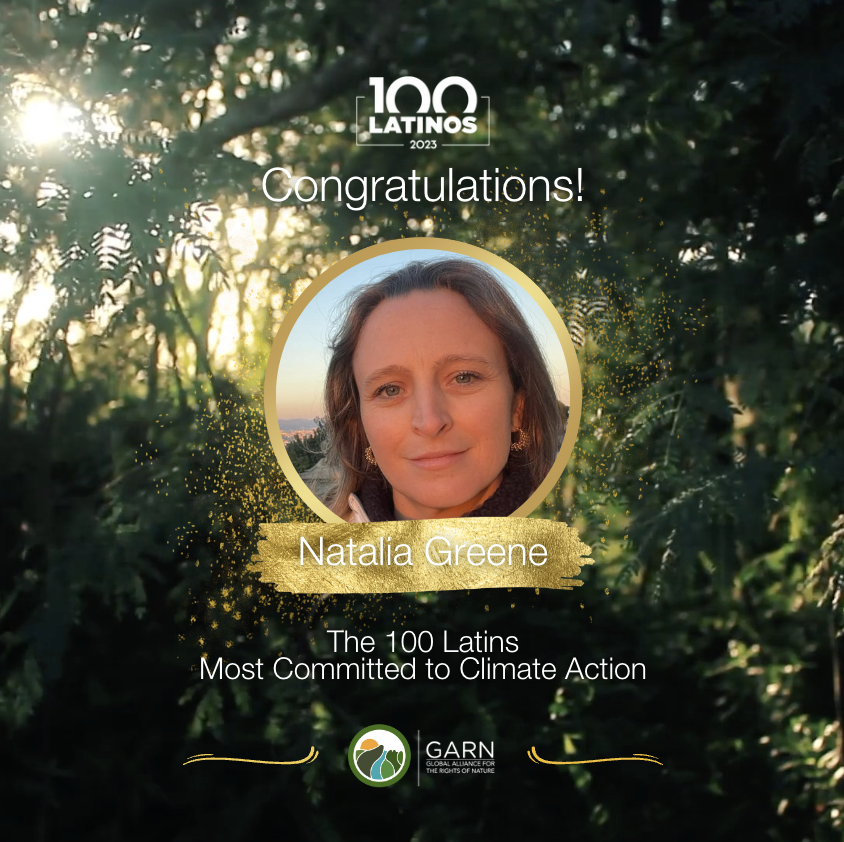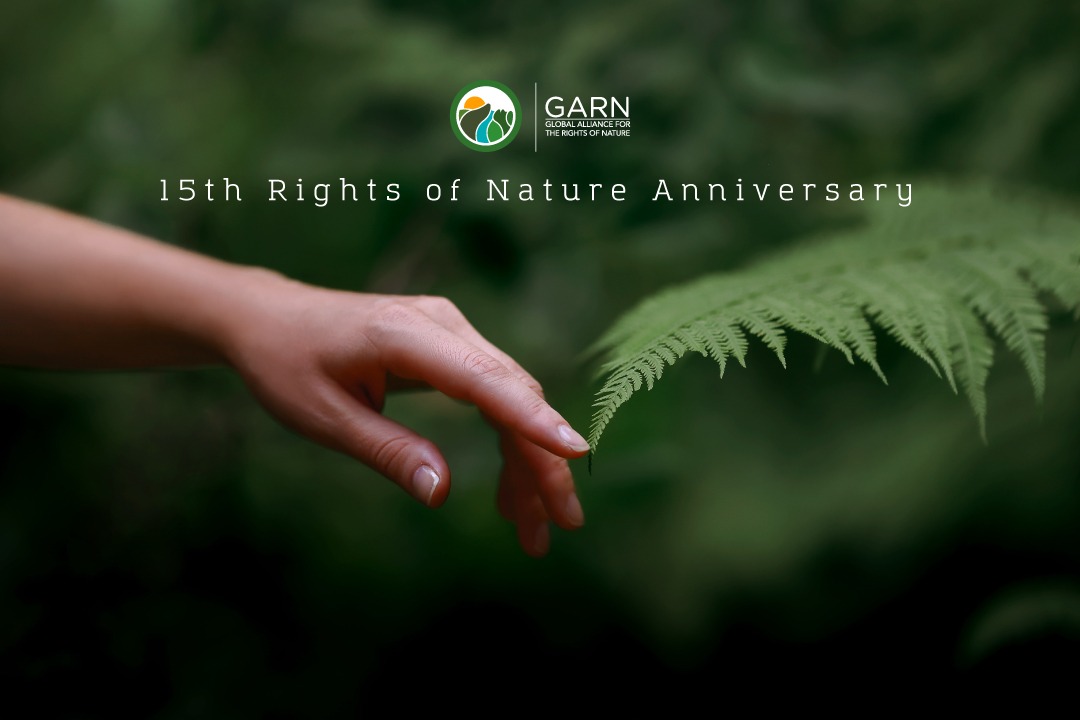- Bay Area Rights of Nature Ethics Tribunal (Oct. 2014): Summary Video (7 minutes)

Opening and Context Perspectives
Pennie Opal Plant opened the event by paying respects to the Ohlone peoples, the spirits of the ancestors of the land and the ancient wisdom that lays the foundations for Universal Declaration for the Rights of Mother Earth and earth jurisprudence.

Prosecutor for the Earth

Arguments for the Defense

Expert Witnesses for the Earth
Seven witnesses presented evidence of alleged violations to human rights and nature’s rights, the impact of global economic drivers, and proposed systemic solutions for redesigning economic, social and legal systems to pave the way forward toward sustainable economies and social systems.
- Environmental Justice Witness, Stephanie Hervey speaks to human rights and environmental rights violations by the fossil fuel industry generally.

- Local Richmond Witness, Andrés Soto speaks to direct impacts of the operations of Chevron’s Richmond refinery on human rights and nature’s rights.

- Indigenous Community Witness, Corrina Gould speaks on behalf of the land itself, and the injuries that the water and land of the Bay Area have suffered from the operations of the Chevron refinery.

- Global Economist, Marco Vangelisti outlines the global economic drivers that reinforce the injuries caused by the fossil fuel industry. Vangelisti also speaks to the particular harms to people and nature from fossil fuel extraction, including extraction associated with the Chevron Richmond refinery fossil fuel sources.

- Community Rights activist, Shannon Biggs speaks to the community rights movement, the rights of nature movement, and the impacts of the fossil fuel industry on nature and people. Shannon pointed out that we are not creating new rights for ecosystems. Those rights come from Mother Earth herself. Rights for nature, rights for earth already exist — we just need to recognize them. Our court of law makes mistakes all the time. And some times it works perfectly, just not for the right person. If we cannot recognize that relationship, then that system of law is out of order. It is not just Chevron we are putting on trial here, it is the system of law that governs how they operate. Our system of law gives the permit for Chevron and the fossil fuel industry to operate in violation of the rights of nature. And who helps write those laws, Chevron does. It is the systems of law we need to change. Our system of law is not setup for justice, but what if it were — what if it were? 180 communities around the US have come to recognize that if our system of law does not work for us, then we need to write new laws. And they are doing that. Communities are ready willing and able to write new laws. Mendocino has written a new law to be free from fracking, because that is their right. It is time to recognize rights for ecosystems now.

- Restorative Justice, Fania Davis addresses ways in which restorative justice can move us toward a sustainable energy future in particular, and more generally toward governance and economic systems that respect human and nature’s rights.

- Local Sustainable Economies, Chris Tittle speaks to the options available and being implemented to ensure locally sustainable, community-driven economic systems that benefit nature and people.






